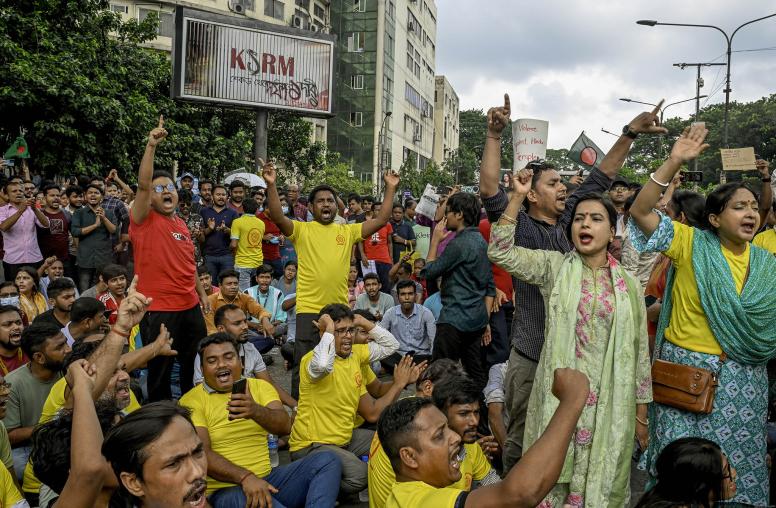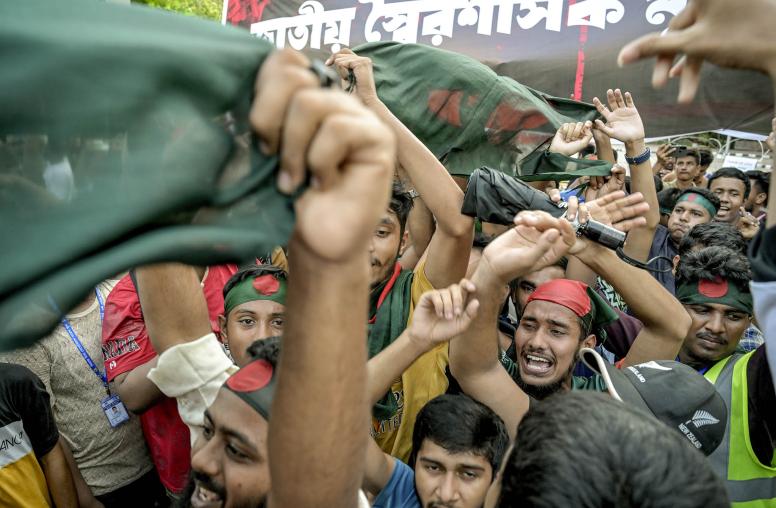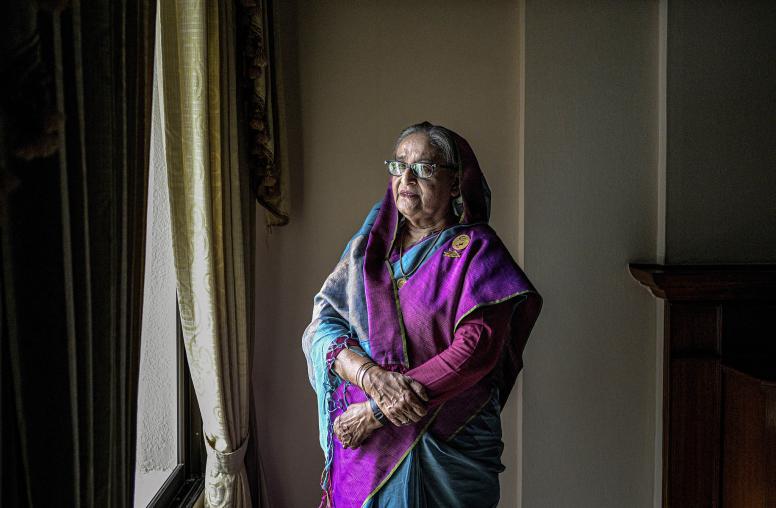Elections in Bangladesh are traditionally a violent affair, and the general elections on December 30 will be no different. The leader of the opposition Bangladesh Nationalist Party (BNP), Khaleda Zhia, is imprisoned for alleged corruption, while recent confrontations between her supporters and the police led to widespread destruction and several dozen injuries in the first violent marches of the election season. At least 60 opposition supporters were detained, leading to accusations that the ruling party is attempting to weaken its rivals ahead of the election.

Bangladesh’s democratic era has been marked by exceptionally high levels of election violence. The 2014 general elections—boycotted by the BNP—were the most violent in the country’s history. At least 400 voters, party activists, observers and security personnel were killed in the months before, during, and weeks after the election. In Bangladesh, violence occurs in recurring cycles, as violent opposition or nonpartisan protests are met with heavy-handed responses by the army and police. The ruling Awami League (AL) party tightly controls the police and election authorities, leading to various forms of intimidation and exclusion.
Constitutionally, Bangladesh has a highly centralized electoral system that rewards winners with access to virtually complete power while entirely excluding losers. Space for opposition and civil society has further shrunk in recent years. A new media law was passed allowing the police to arrest any individual without a warrant. The Awami League continues to consolidate its power, using all means at its disposal. If history is any guide—election violence is often a cyclical, recurring phenomenon—Bangladesh is about to face an escalation of violence, a few weeks before Election Day, and particularly following the announcement of results.
BNP has learned from its mistake, when it excluded itself entirely from power by boycotting the 2014 election. The opposition party is in disarray after the imprisonment of its leader but will participate in the upcoming election together with an alliance of smaller opposition parties. The alliance is hoping for a Malaysia scenario, where the opposition achieved an upset by ending 60 years of rule by a dominant coalition. BNP’s participation may dampen the risk of pre-election violence, but post-election violence remains very likely, since defeat will be difficult to accept by either the AL or BNP.
Despite improvements in several development and economic indicators, and a tight grip on power, the AL is facing several challenges, including serious in-fighting and corruption allegations. This past summer authorities confronted large youth protests over road safety, resulting in violent clashes, and bringing Dhaka to a standstill.
A USIP study demonstrated that, despite these ominous predictions, election violence can be mitigated in Bangladesh. Efforts should be made to ensure the independence of the election commission and the police, in order to improve the protection of vulnerable communities and individuals. The deployment of human rights and election monitors—both domestic and international—and the reinforcement of civic education efforts may similarly help mitigate tensions.
Unfortunately, most prevention instruments that are commonly applied in conflict-prone democracies have been weak or absent in Bangladesh. There is limited space for civil society, and even international diplomats. Journalists are frequently harassed, and election monitors unable to deploy. The European Union recently decided not to deploy monitors in the upcoming election. International actors are often unable to engage, or even unwilling—to avoid legitimizing what will likely become a problematic election process.




